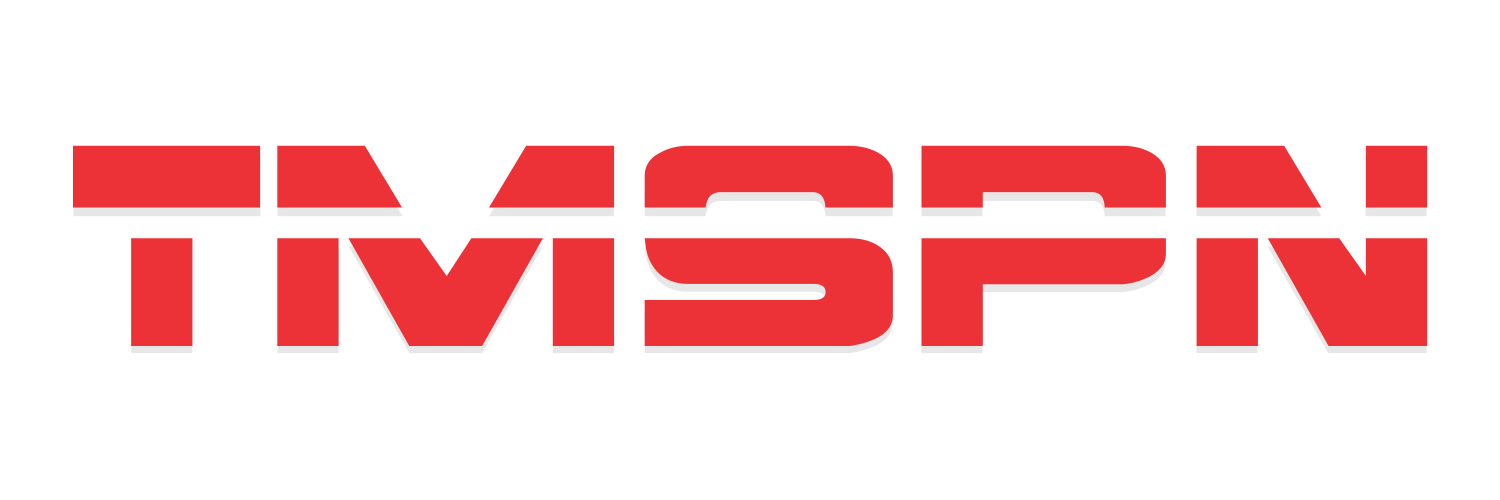The NCAA adopted a series of policy and rules changes Wednesday that it hopes will clean up college basketball, which has been engulfed by an FBI investigation and other corruption over the last two years.
One of the biggest things in the NCAA's new rules and guidelines? Players can return to college if they are not selected in the NBA Draft. A gamechanger for college basketball.
— Jon Rothstein (@JonRothstein) August 8, 2018
Via NCAA.com:
New rules reduce the leverage of harmful outside influences on high school recruits and college student-athletes. Changes include:
Certification of youth basketball events
Basketball-related events for high school students will be subject to more rigorous certification requirements to ensure transparency in operations and finances. This will address issues of corruption and help support student-athletes as they make decisions about their future. The certification criteria will be overseen by the NCAA Division I Men’s Basketball Oversight Committee, and the NCAA Enforcement Certification and Approvals Group will administer the certification program.
This rule change is effective Jan. 24, 2019.
Recruiting changes
The recruiting calendar, which creates more restrictions around events not sponsored by high schools, will allow coaches to attend additional high school-sponsored events. The new rules add four-day recruiting periods (Monday through Thursday) in April but do not increase the limit on days individual coaches can recruit. Also, coaches will be allowed to attend and evaluate recruits at the National Basketball Players Association Top 100 Camp in mid-June. Additionally, coaches will be able to attend events during the last two weekends of June if the events are approved by the National Federation of State High School Associations; organized by groups affiliated with high schools or high school coaching associations; and occur at middle schools, high schools or colleges. Coaches also can attend one weekend youth basketball event in early July.
The calendar also allows coaches to attend NCAA youth development camps in late July, a new collaboration between the NCAA, USA Basketball, the NBA and the NBPA.
These new rules are effective April 1, 2019.
Reporting outside income
Coaches and athletics staff must report to the university’s president or chancellor athletics-related income of more than $600 from any source outside their school. Examples include endorsement or consultation contracts with apparel companies, manufacturers, television or radio programs; and income from ownership, control or management of a foundation. The rule promotes increased transparency between NCAA schools and outside entities.
This rule is effective immediately.
Agreements with apparel companies
The NCAA is pursuing agreements with apparel companies on expectations for accountability and transparency regarding their involvement in youth basketball. The NCAA Board of Governors seeks to develop agreements that require apparel companies to make annual disclosures, obtain NCAA certification for all youth basketball activities and report potential NCAA rule violations. Additionally, parties should formalize relationships in areas where interests overlap, such as playing rules and equipment standards.
Timing is dependent upon cooperation from apparel companies, but the NCAA’s goal is to have agreements finalized within six to 12 months.
New rules reduce the leverage of outside influences on high school recruits and college student-athletes. https://t.co/rjdbfHHBni pic.twitter.com/DyR70sxjKU
— NCAA (@NCAA) August 8, 2018
The New NCAA college basketball rules seem modern and appropriate. High school and college players allowed to have NCAA certified agent, and able to return to school if undrafted. That’s a big one.






